Top 10 most influential think tanks in China
Quelle: China.org.cn von Xu Liu 02.20.2014
The Shanghai Academy of Social Sciences (SASS), a leading Chinese think tank and research institution, has recently released its China Think Tank Report, the first of its kind in China, announcing the rankings of the country’s most influential think tanks.
Although most of these organizations work behind the scenes and are not well-known to the general public, they are very influential to the workings of the country. From politics to economy, from military to diplomacy, they employ the top experts and researchers and provide policymakers with consultations and advice.
Based on a public survey and opinions from experts, scholars, professionals and the media, the think tanks were ranked according to overall influence, professional influence and influence among the same types of think tanks.
A total of 27 think tanks emerged in the rankings, including 17 in Beijing, five in Shanghai and five in Jiangsu, Guangdong, Hainan and Jiangxi provinces.
The Development Research Center of the State Council topped the list of Chinese think tanks in terms of overall strength, followed by the Chinese Academy of Social Sciences and Peking University.
In the 2013 Global Go To Think Tanks Report, the most comprehensive ranking of the world’s top think tanks published by the University of Pennsylvania, the Chinese Academy of Social Sciences, the China Institute of International Studies and the China Institute of Contemporary International Relations made up China’s top 3, ranking 20th, 36th and 44th respectively.
Among all 6,826 think tanks in the world, there were 426 Chinese think tanks, the second-largest number of think tanks in the world only after the United States. Six of them appeared in the top 100 think tanks globally.
The following are the top 10 most influential think tanks in China, according to the rankings by SASS.
10. China Institute for Reform and Development 中国(海南)改革发展研究院
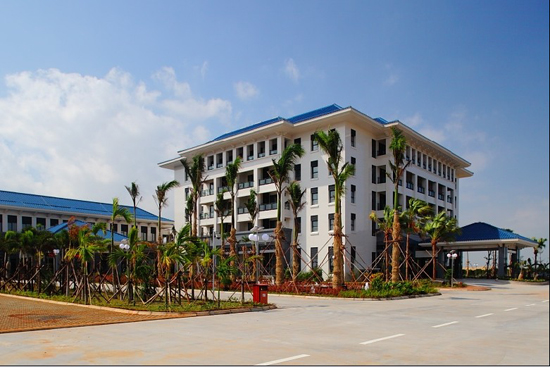
Founded in 1991, China Institute for Reform and Development (CIRD) is a public and non-profit research institution. As a think tank which aims to facilitate China's economic reform and development policy decision-making, it has been conducting forward-looking and independent research across important theoretical and practical issues in economic transition. The institute has established partnership with more than 20 international organizations and foreign institutions.
09. Shanghai Academy of Social Sciences 上海社会科学院
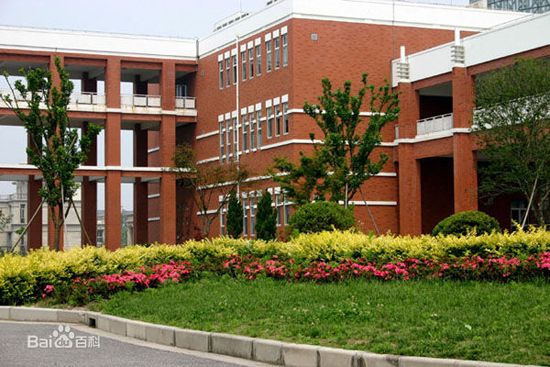
Founded in 1958, the Shanghai Academy of Social Sciences is China's oldest institution for the humanities and social sciences. As a leading think-tank and distinguished academic institution in the country, its research findings and publications have been particularly influential with policy-makers and the public.
In 2009, the academy established a Think Tank Research Center as the country’s first academic institution focusing on think tank research. Since 2011, members of the center have been invited to participate in the research of the Global Go To Think Tank Report. It released its China Think Tank Report in January 2014, the first of its kind in the country.
08. Fudan University 复旦大学
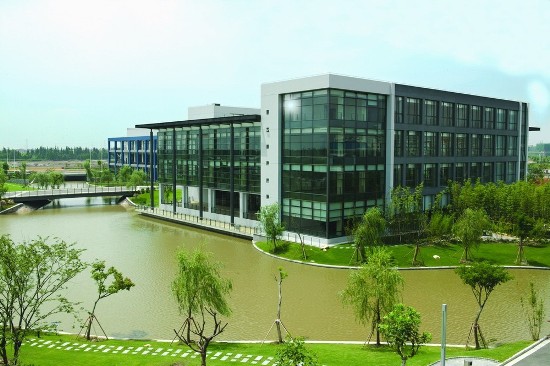
Founded in 1905, Fudan University is one of the oldest and most prestigious universities in all of China. In August 2013, the Policy Research Center for the Chinese Economy, a think tank project proposed by the China Center for Economic Studies at Fudan University, was officially approved by the Shanghai Education Commission. With the aim of offering policy consultation and advice about Chinese economic growth on the medium and long term, it is the only one in the field of economics among Shanghai universities.
In December 2013, the Fudan University Center for China Development Model Research was established. It is the first think tank in the world that has adopted "China development model" in its name.
07. Academy of Macroeconomic Research, NDRC 国家发改委宏观经济研究院
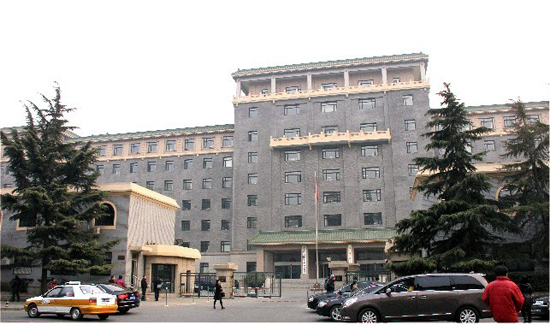
The Academy of Macroeconomic Research (AMR) is a research institution affiliated with China’s National Development and Reform Commission (NDRC). Focusing on policy research and consultation, it assists with the decision-making in national macroeconomic and social development and provides consultancy services to industries, local authorities as well as domestic and international enterprises.
06. Party School of the Central Committee of CPC 中共中央党校
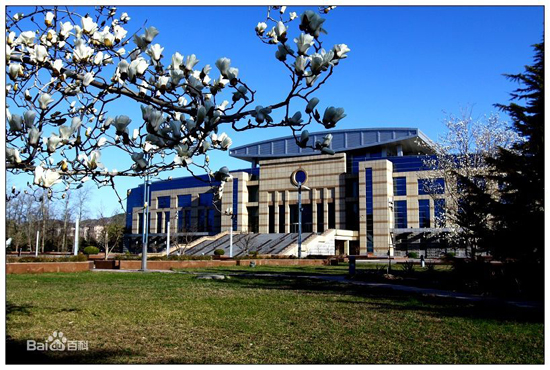
The Party School of the Central Committee of the Communist Party of China, also known as the Central Party School, is the highest education institution in Beijing which specifically trains officials for the Communist Party of China (CPC). It was established as the CPC Central Committee's Marx School of Communism in Ruijin, Jiangxi Province, in 1933, and acquired its current name in 1977. The school has undertaken more than 100 national research projects and plays a fulltime role as a think tank and ideological as well as theoretical base of the Party.
05. China Center for International Economic Exchanges 中国国际经济交流中心
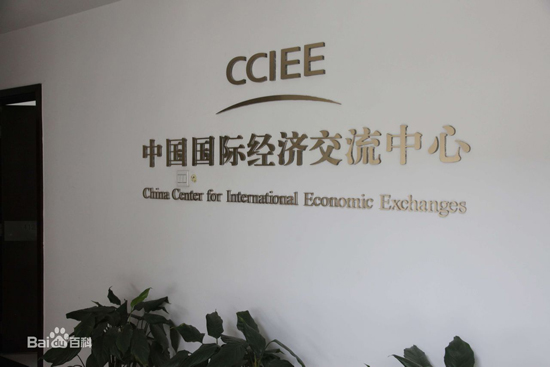
The China Center for International Economic Exchanges, or CCIEE, was officially launched in 2009 in Beijing. Tagged "China's top think tank" and a "super think tank," CCIEE has drawn widespread attention both at home and abroad. Set up against a backdrop of the worst financial crisis to hit the world since the Great Depression of the 1930s, it aims to help decision makers chart a course through the increasingly choppy waters of both the economy and society. The CCIEE has come into the world loaded with high expectations and many feel it marks the beginning of a major overhaul of China's entire think tank system.
04. Tsinghua University 清华大学
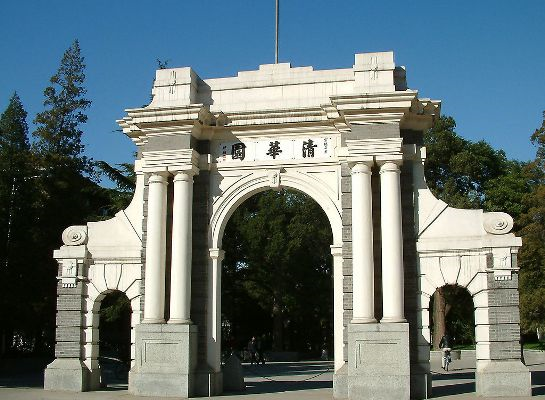
Founded in 1911, Tsinghua University is considered by many to be the best university in all of China. Covering 356 hectares, it is also one of the largest universities in China. Many celebrities have graduated from or worked at Tsinghua, including Nobel laureates Tsung-Dao Lee and Yang Zhenning, former Chinese president Hu Jintao and author Wen Yiduo.
The university established its Research Center for Technical Innovation back in 2000, as a key center of research in the humanities and social sciences. Being a national think tank, it focuses on managing technical innovation, strategy and policy for science and technology and high-tech ventures.
In 2009, the university established a China Data Center, intended to provide a data platform to assist academic research and teaching in the relevant disciplines. The center is expected to serve as a think tank for the government with a focus on in-depth research across the core issues of Chinese society.
03. Peking University 北京大学
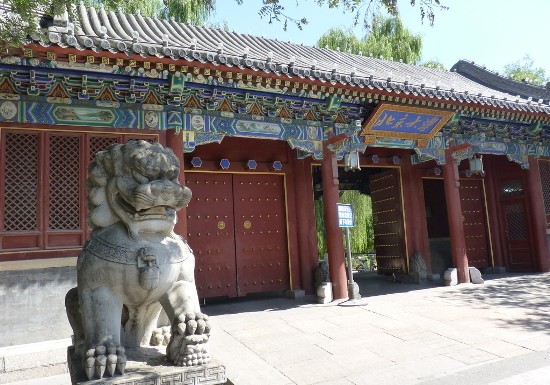
Founded in 1898, Peking University is one of the most prestigious Chinese universities in the world. Many billionaires and celebrities have studied here. With its long history, outstanding academic resources and a beautiful campus, it attracts thousands of excellent domestic and international students every year.
In October 2013, the university established its Institute for International and Strategic Studies as a think tank, aiming to increase its influence on China's top decision makers.
02. Chinese Academy of Social Sciences 中国社会科学院
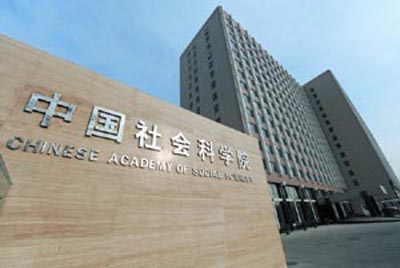
The Chinese Academy of Social Sciences (CASS), placed directly under the State Council, is the country's highest academic research organization in the fields of philosophy and social sciences. Established in May 1977, CASS sprouted from the Chinese Academy of Sciences (CAS) of the Department of Philosophy and Social Sciences. Now, CASS consists of 31 research institutes and 45 research centers, with a staff of more than 4,200. The academy counts more than 80 publications, including Social Sciences in China, Historical Research, Archaeology, Economic Research Journal, Philosophical Research, Journal of Law, Literary Review and World Economy.
01. The Development Research Center of the State Council 国务院发展研究中心
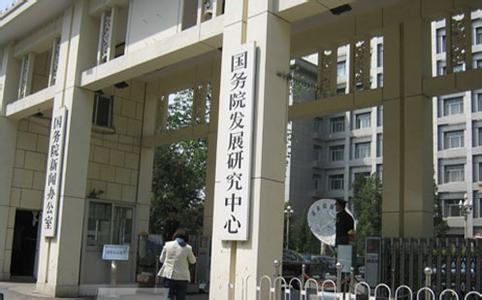
The Development Research Center of the State Council (DRC) is a comprehensive policy research and consulting institution placed directly under the State Council. Since its establishment in 1981, it conducts advanced comprehensive studies on the strategic and long-term issues of national economy, social development and China's reform and opening up. The organization advices the CPC Central Committee and the State Council and provides policy recommendations. DRC has a team of prominent economists and respected experts and researchers in various fields, including macroeconomic policy, development strategy, social development and enterprise reform and development.
[Haftungsausschluss] Dieser Artikel wird online reproduziert und das Urheberrecht liegt beim ursprünglichen Autor. Aufgrund zahlreicher Nachdrucke kann der wahre Originalautor jedoch nicht bestätigt werden, sodass nur die Quelle des Nachdrucks angegeben wird. Wenn die in diesem Artikel verwendeten Videos, Bilder und Texte urheberrechtliche Probleme aufweisen, wenden Sie sich bitte innerhalb von 30 Tagen an diese Website, um sie zu löschen. Der Inhalt dieses Artikels ist der Standpunkt des ursprünglichen Autors, bedeutet nicht, dass diese Website mit ihren Ansichten übereinstimmt und für ihre Authentizität verantwortlich ist. Diese Seite hat die endgültige Interpretation dieser Aussage.







 Plattform
Plattform
 Plattform
Plattform







